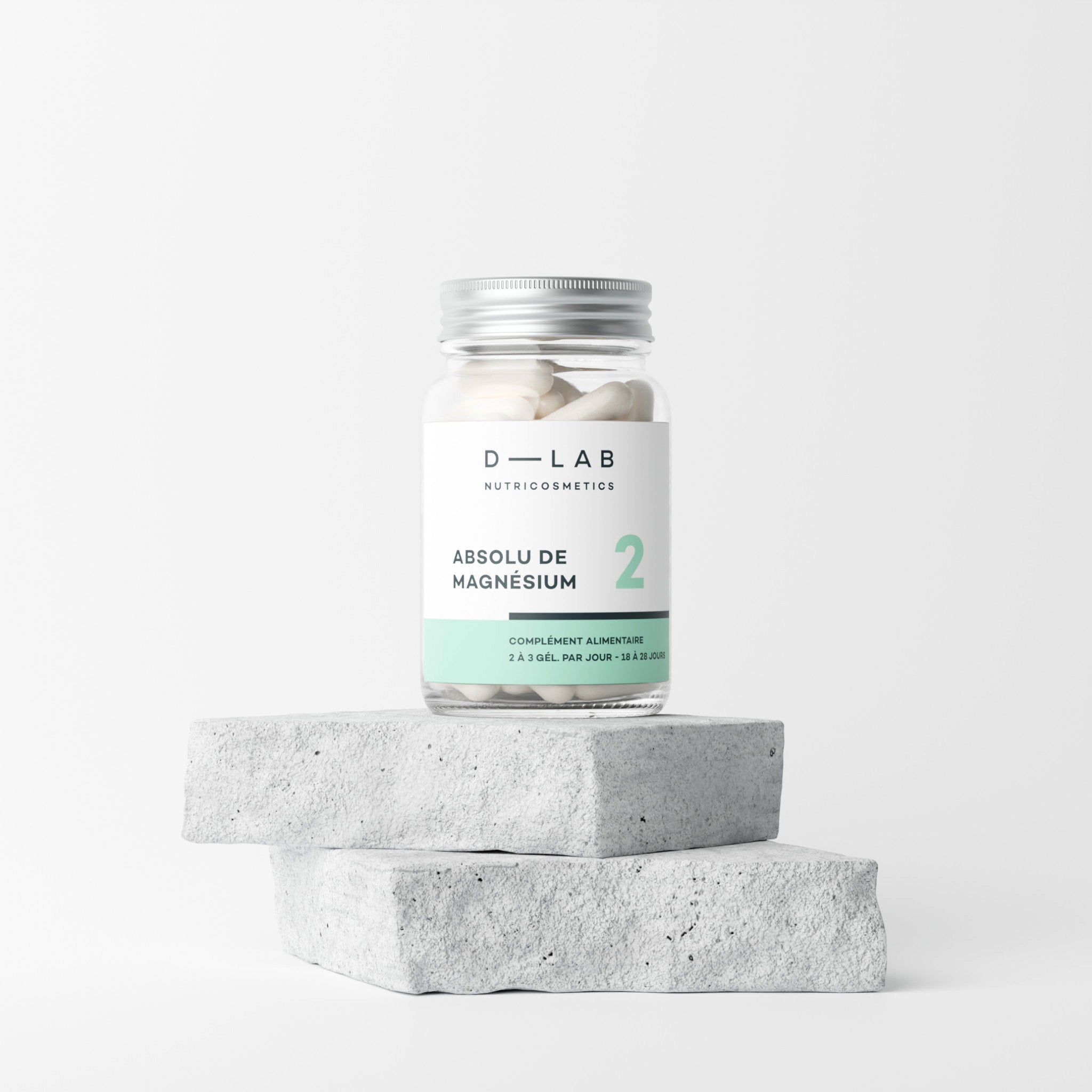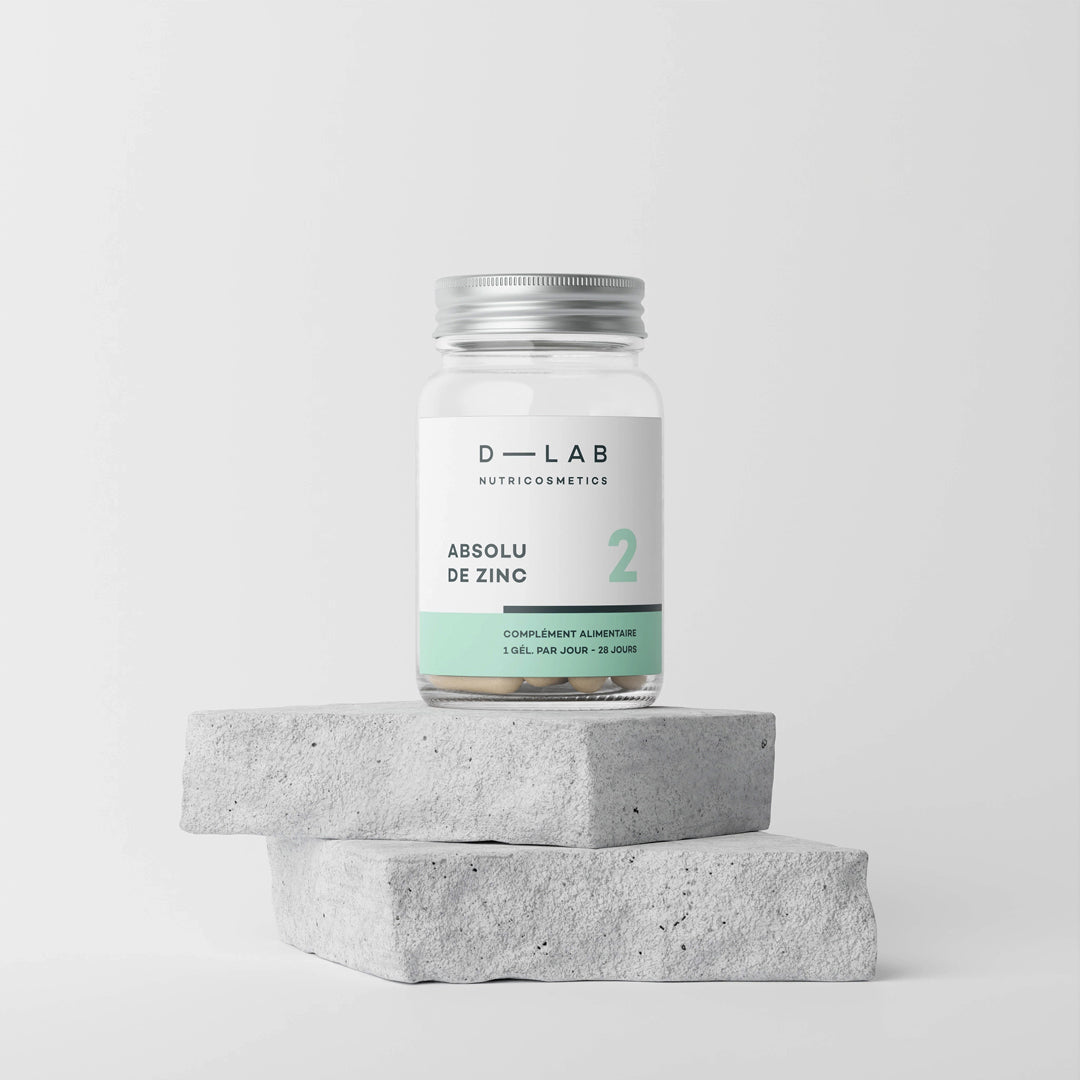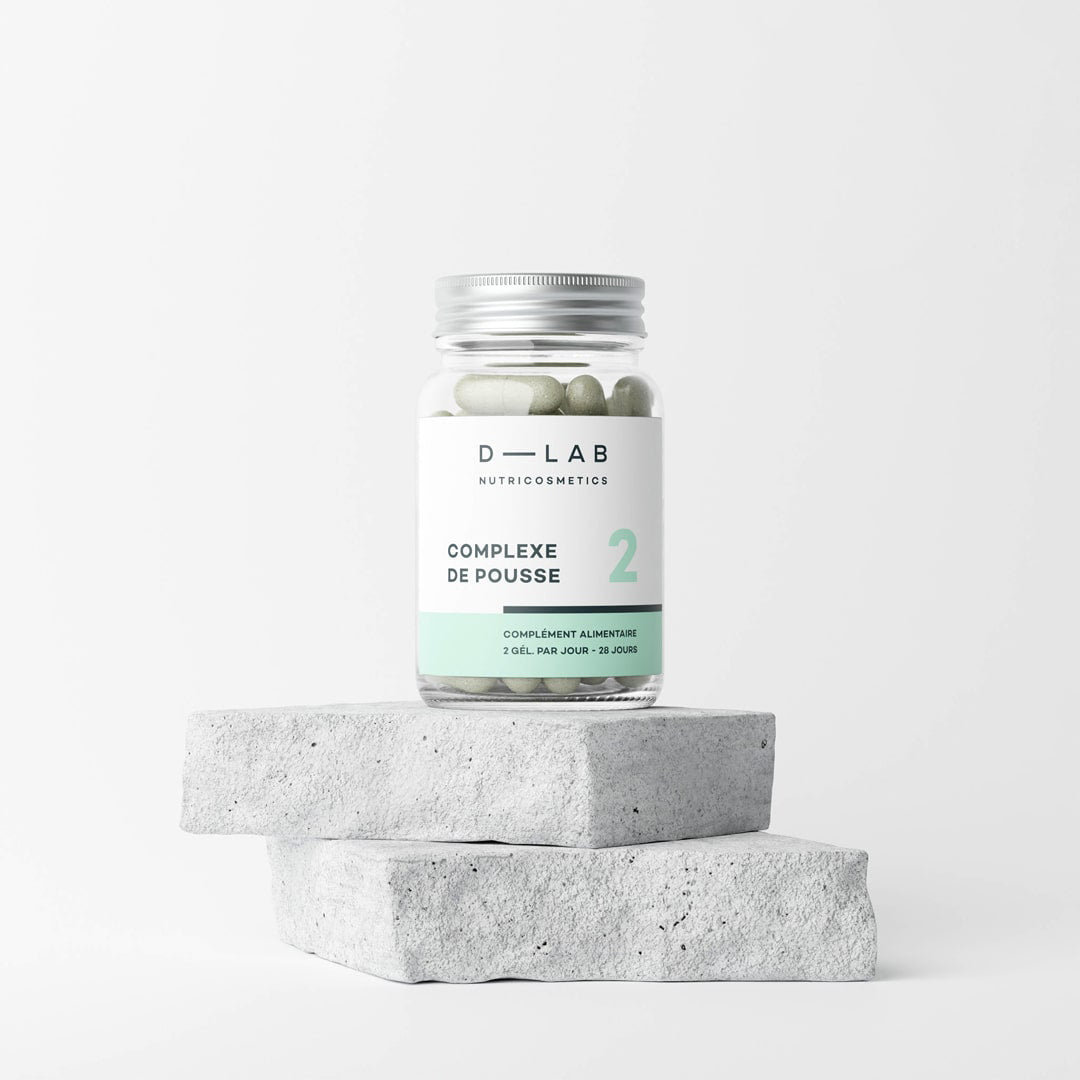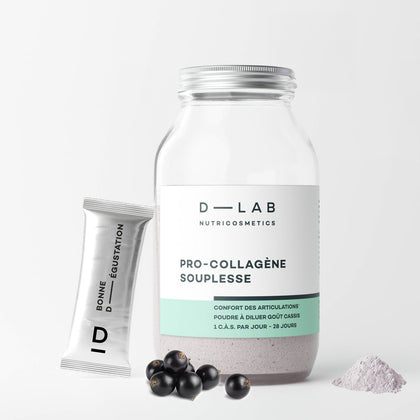Over time, our joints, these precious mechanisms that ensure our mobility, often begin to show signs of wear and tear.
In this complex ballet of tendons, ligaments and bones, one actor plays an essential role: collagen. This protein, the most abundant in our body, is at the heart of the joint aging process.
But how does collagen influence the health of our joints? Do marine collagen supplements help support joint health?
Through this article, let's discover togetherhow to preserve the youth and vitality of our joints.
Summary
I. Link between aging, joints and collagen
1. Understand the natural aging process of joints
Aging is an inevitable process that each of us goes through, and it doesn't spare our joints. Over time, our joints, like other parts of our body, begin to show signs of wear and tear.
This process generally begins with a gradual decrease in the thickness and elasticity of cartilage, the protective layer that allows bones to move smoothly against each other.
As this cartilage thins, it becomes less able to absorb shock, which can lead to pain and reduced mobility. At the same time, the production of synovial fluid, the natural lubricant of joints, can also decrease with age, contributing to a feeling of stiffness.
Finally, factors such as genetics, weight, cumulative wear and tear from years of activity, and even previous injuries can all increase the aging of our joints. It is therefore essential to understand this natural process to better prevent and manage the inconveniences associated with it.

2. Why does collagen decrease with age?
Collagen is an essential protein found in skin, bones, tendons, ligaments and many other tissues in the body. It plays a crucial role in maintaining the elasticity and firmness of the skin, as well as the resilience of bones and joints.
However, as we age, our body's natural production of collagen begins to decline. Several factors contribute to this decrease.
First,as we age, fibroblasts, which are the cells responsible for producing collagen, become less active and produce less of this essential protein.
Second, environmental factors such as prolonged exposure to sunlight, pollution, and smoking can accelerate the breakdown of collagen. Finally, over time, there is an increase in the activity of enzymes, such as matrix metalloproteinases, that break down collagen.
All of these combined lead to a decrease in collagen in the skin and other tissues, leading to visible signs of aging like wrinkles, sagging of the skin and fragility of joints.

II. The benefits of collagen for joints
1. Benefits for joints
How can this component improve the health of your joints?
Collagen plays a fundamental role in maintaining joint structure and function. By strengthening the cartilage, it helps preserve the flexibility and mobility of the joints. Additionally, it contributes to the regeneration of connective tissues, which can reduce joint pain and inflammation.
What are the benefits of marine collagen for joints?
Marine collagen, extracted from fish, is particularly appreciated for its high bioavailability. It is easily absorbed by the body and thus can provide rapid and effective benefits for joint health. By promoting the production of endogenous collagen, it helps maintain joint structure and function.
Marine collagen is recognized for its anti-inflammatory and regenerative properties. By supporting collagen production in the body, it helps reduce joint pain and improve mobility. Additionally, it promotes the regeneration of connective tissues, which can prevent injuries and inflammation.
Marine collagen is beneficial not only for the joints but also for the muscles and bones. By strengthening connective tissues, it helps maintain the structure and function of muscles and bones. Additionally, it promotes tissue regeneration, which can enhance physical performance and prevent injuries. Collagen and weight training, essential allies.
Marine collagen is not just for joint health. It also benefits the skin, improving its elasticity and reducing signs of aging. By supporting the structure of the skin and joints, marine collagen offers a complete solution for overall well-being.
2. Type 2 Collagen for Joint Health
Type 2 collagen is particularly beneficial for joints. By supporting the cartilage structure, it helps maintain joint flexibility and mobility. Additionally, it promotes the regeneration of connective tissues, which can reduce joint pain and inflammation.
Read also: which types of collagen to choose ?
III. Consequences of a collagen deficiency
Collagen, as a major component of the body's connective tissues, plays a vital role in maintaining the structure and function of many organs and tissues.
A collagen deficiency can therefore have profound and varied consequences on health and physical appearance. Aesthetically, a reduction in collagen in the skin leads to a loss of elasticity and firmness, which can manifest as wrinkles, sagging skin and thinner skin.
In addition to skin manifestations, a collagen deficiency can weaken nails and hair, making them brittle.
Functionally, joints can become more fragile, increasing the risk of osteoarthritis. Tendons and ligaments, which also contain collagen, can lose strength, increasing the risk of injury.
In bones, a decrease in collagen can compromise bone density, increasing the risk of osteoporosis.
Additionally, other tissues such as blood vessels, corneas and even the digestive system , where collagen is essential to their integrity, can be affected.

1. Signs of collagen deficiency
Collagen deficiency does not generally go unnoticed, as it manifests itself through a series of visible and felt signs that impact various aspects of our physical well-being.
The first indicator often noticed is the appearance of wrinkles and fine lines on the skin, particularly on the face, neck and hands.
The skin also loses its elasticity, becoming thinner and drier. Another common sign is a decrease in hair thickness and strength, as well as nails becoming brittle and weak.
Beyond these external manifestations, a collagen deficiency can also result in joint pain, because collagen is essential for the cartilage that protects our joints.
People with a deficiency may therefore feel rigidityor increased pain after physical activity. Loss of muscle mass is also possible, as collagen plays a role in maintaining muscle strength and structure.
Additionally, some may notice wounds healing more slowly or bruises appearing more easily. Overall, these signs reflect the central role of collagen in maintaining the health and vitality of many body systems.
What are the signs of increased need for your joints?
Signs of increased collagen need for joints include frequent joint pain, morning stiffness, decreased mobility and joint cracking. These symptoms may indicate that the joints require additional support to maintain their health and functionality.
IV. Solutions to compensate for a collagen deficiency

1. Joint food supplement
Dietary supplements can play a crucial role in supporting joint health. By providing essential nutrients such as collagen, they help strengthen connective tissues and improve joint mobility.
How to choose the best supplement for your joints?
To choose the best joint supplement, it is important to consider the source of collagen, its bioavailability, and the presence of other beneficial nutrients such as vitamin C and omega-3. Marine collagen supplements are often recommended for their high absorption and effectiveness.
A collagen treatment can be an effective solution to support joint health. By following a regular course of treatment, it is possible to strengthen connective tissues, reduce joint pain and improve mobility. Marine collagen cures are particularly recommended for their high bioavailability.
2. Food
Diet plays a crucial role in the health of our joints, these complex structures that connect our bones and allow our mobility.
By adopting a balanced diet rich in specific nutrients, it is possible to prevent or slow down joint wear and reduce the symptoms of disorders such as osteoarthritis.
First of all, omega-3, present especially in fatty fish such as salmon, trout and mackerel, have anti-inflammatory properties that can help reduce joint inflammation.
Antioxidants, such as vitamin C, vitamin E and beta-carotene, found in a variety of colorful fruits and vegetables, protect joints against free radical damage.
Collagen, found in bone broths or specific dietary supplements, can directly support cartilage health. Foods rich in calcium and vitamin D, such as dairy products and green leafy vegetables, are essential for the health of the bones that surround and support the joints.
Additionally, foods such as garlic, ginger, and turmeric have also been shown to have beneficial properties for joint health thanks to their anti-inflammatory compounds.
What ingredients should you combine with collagen to optimize joint health?
To optimize joint health, it is recommended to combine collagen with ingredients such as vitamin C, omega-3, calcium and antioxidants. These nutrients can help strengthen connective tissues, reduce inflammation, and improve joint mobility.
3. Exercise
Physical exercise, far from being an enemy of the joints, is in reality one of their best allies.
Regular and appropriate practice not only strengthens the muscles surrounding the joints, thus providing better support, but it also helps maintain joint flexibility and stimulate the production of synovium, a fluid that acts as a natural lubricant.
Starting with gentle stretching every day can improve range of motion and prevent stiffness. Walking, as a weight-bearing exercise, is beneficial for bone density and has a moderate impact on joints, which is ideal for their health.
Water exercises, such as swimming or aqua aerobics, offer the benefit of a low-impact environment that reduces pressure on joints while allowing gentle resistance to strengthen muscles.
The bicycle, whether stationary or traditional, also allows you to move the joints without subjecting them to brutal impact.

Additionally, it is essential to incorporate strengthening exercises, such as those with elastic bands or light weights, to strengthen the muscles that support and stabilize the joints.
However, it is essential to listen to your body: if you experience pain or discomfort, you should adjust the activity or consult a health professional.
By regularly integrating exercise into our routine, not only do we promote the overall health of our body, but we also provide our joints with the best defense against ailments and wear and tear over time.
4. Which collagen for my joints?
As we age, our joints experience natural stress which can cause wear and tear and a decrease in their functionality. In this context, nutritional intake plays a central role in supporting and preserving their health.
While a balanced diet is fundamental, all the necessary nutrients are not always obtained in sufficient quantities through diet alone.
This is where D-LAB NUTRICOSMETICS food supplements come in.. Rich in targeted nutrients, they offer valuable support.
For example, hydrolyzed collagen supplements are known to help renew collagen in joints.
THE Pro-Collagen Flexibility is enriched with active ingredients for overall maintenance of joints and bones allowing proper muscle functioning. Its action is perfect for those who wish to improve their performance in addition to a sporting activity, as well as in recovery following an injury or tear.
Types I and III collagen oligopeptides have a global action on the skin, tendons and ligaments as well as on muscles and blood vessels. Easily digestible and associated with vitamin C. they further stimulate collagen synthesis in these different places in the body.
The combination of patented verbena*, field horsetail titrated in silica, blackcurrant and MSM soothes pain and promotes mobility of the body as a whole.
Other supplements, such as those based onomega-3 such as our Absolu Omega-3 also have recognized anti-inflammatory properties, thus reducing joint pain and improving mobility.
In short, incorporating suitable dietary supplements into your routine can be a proactive strategy to combat joint aging.
To conclude
In conclusion, preserving joint youth requires a thorough understanding of the central role of collagen in joint aging.
The natural decrease in this essential protein contributes to visible signs of aging. The consequences of a collagen deficiency go beyond aesthetics, affecting the functionality of organs and tissues.
Detecting signs of deficiency, such as wrinkles, joint pain and their fragility, is crucial. Ways to preserve joints include a balanced diet, regular exercise and the use of targeted beauty supplements, such as those from D-LAB NUTRICOSMETICS, rich in hydrolyzed collagen and other essential nutrients.
Adopting these proactive strategies offers an effective defense against joint conditions related to aging.
Can collagen prevent age-related joint pain?
Collagen can play an important preventive role against age-related joint pain. By strengthening connective tissues and supporting cartilage regeneration, it helps maintain joint flexibility and mobility, reducing the risk of pain and inflammation.
Does Collagen Really Work?
Many studies and testimonials indicate that collagen is effective in improving joint health. By supporting endogenous collagen production and strengthening connective tissues, it can reduce joint pain, improve mobility and prevent inflammation.
Is it effective in relieving osteoarthritis symptoms?
Collagen is often recommended to relieve symptoms of osteoarthritis. By strengthening cartilage and reducing inflammation, it can help decrease joint pain and improve mobility. In addition, it promotes the regeneration of connective tissues, which can prevent the progression of osteoarthritis.





























